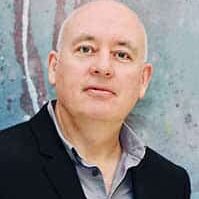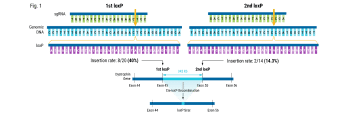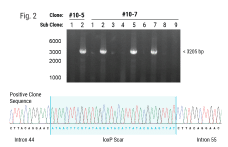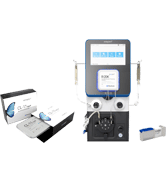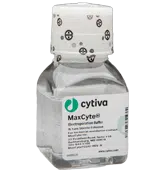Presentation: Next-Generation DNA NanoVectors – an alternative Vector Platform for the safe, rapid and persistent manufacture of recombinant T cells for Autologous T Cell Immunotherapy
This presentation was given during the ICLE – International Conference for Lymphocyte Engineering March, 2022.
Abstract:
Gene Delivery was improving but expression from Non-Viral Vectors was still transient
Download Presentation
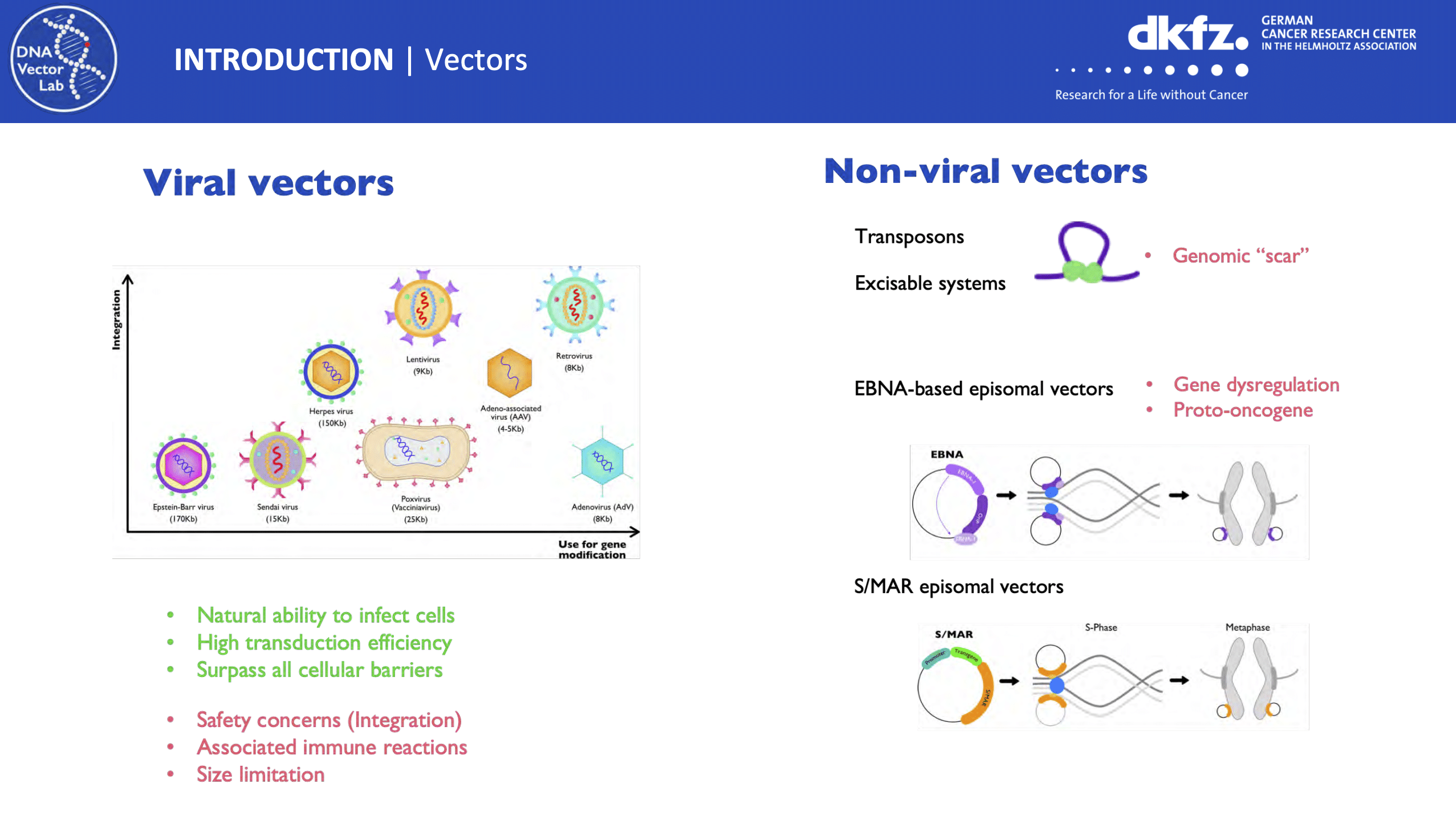
Presenter
